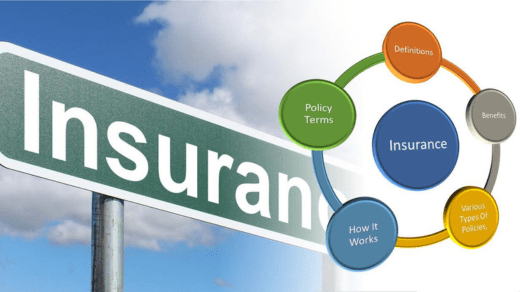
Welcoming a new baby is a life-changing event that comes with increased responsibilities and financial considerations. Here are 30 points discussing the pros and cons of insurance for new parents to help them protect their growing family:
Pros:
- Financial Security: Insurance provides a safety net to protect your family’s financial future.
- Life Insurance: A life insurance policy ensures your child’s financial well-being if something were to happen to you or your partner.
- Income Replacement: Life insurance provides income replacement to support your family in case of your untimely death.
- Mortgage and Debt Coverage: Insurance can help pay off the mortgage and debts, preventing a financial burden on your family.
- College Fund: Insurance proceeds can be earmarked for your child’s education.
- Childcare Costs: Insurance can cover the cost of childcare if a parent is unable to provide care.
- Spousal Support: In the event of a parent’s death, life insurance can provide support for the surviving spouse.
- Critical Illness Coverage: Critical illness insurance can provide a lump sum for medical expenses and loss of income.
- Health Insurance: Ensuring you have comprehensive health insurance coverage is crucial for your child’s well-being.
- Disability Insurance: Disability insurance provides income replacement if a parent is unable to work due to a disability.
- Long-Term Care Insurance: This coverage can protect your assets in case of long-term care needs in the future.
- Child Insurance: You can purchase life insurance for your child, providing protection and potential savings.
- Estate Planning: Insurance is a critical component of estate planning, ensuring assets are distributed as desired.
- Funeral Expenses: Insurance can cover funeral and burial expenses, reducing the financial burden on your family.
- Emergency Fund: Insurance provides a financial cushion for unexpected emergencies.
- Legal Guardianship: Estate planning can establish legal guardianship for your child.
- Peace of Mind: Insurance offers peace of mind, knowing your family is protected.
- Future Planning: Insurance can fund trusts and establish a clear plan for your child’s inheritance.
- Retirement Planning: Adequate coverage ensures retirement plans remain on track despite unforeseen events.
- Buy-Sell Agreement: For business-owning parents, insurance can fund a buy-sell agreement.
- Income Tax Benefits: Some insurance policies offer tax advantages, such as tax-free death benefits.
- Survivor’s Benefits: Social Security survivor benefits can provide financial assistance to the surviving spouse.
- Childcare Assistance: Insurance proceeds can assist with childcare if both parents are working.
- Education Savings: Life insurance can fund a college savings plan (529 plan) for your child.
- Prenatal and Postnatal Coverage: Comprehensive health insurance covers prenatal care and postnatal care for both the mother and child.
- Homeowners Insurance: Review and update homeowners insurance to protect your growing family and their possessions.
- Auto Insurance: Ensure you have sufficient coverage for your family’s vehicles and potential future additions.
- Parental Leave: Disability insurance can provide income replacement during parental leave.
- Financial Planning: Consult with a financial advisor to create a comprehensive financial plan.
- Flexibility in Changing Needs: Insurance policies can be adjusted to accommodate changing family needs.
Cons:
- Cost: Premiums for various insurance policies can add to your monthly expenses.
- Complexity: Understanding different types of insurance and policies can be complex.
- Health Underwriting: Health issues may affect the cost and availability of some policies.
- Policy Limitations: Policies may have exclusions, limitations, and waiting periods.
- Premium Changes: Premiums for some policies may increase over time.
- Risk of Policy Lapse: If premiums are not paid, the policy may lapse, leaving your family without coverage.
- Over-Insurance: Overestimating the need for insurance can result in unnecessary expenses.
- Under-Insurance: Insufficient coverage may not adequately protect your family.
- Ethical Concerns: Some insurers may have investments or partnerships that raise ethical questions.
- Environmental Impact: The insurance industry’s investments can impact the environment.
In summary, insurance for new parents is essential to protect your growing family’s financial future. While insurance comes with costs and complexities, the benefits of financial security, income replacement, and peace of mind make it a crucial part of responsible family planning. Careful consideration of your family’s specific needs and consulting with a financial advisor are essential for making informed decisions about insurance for new parents.



